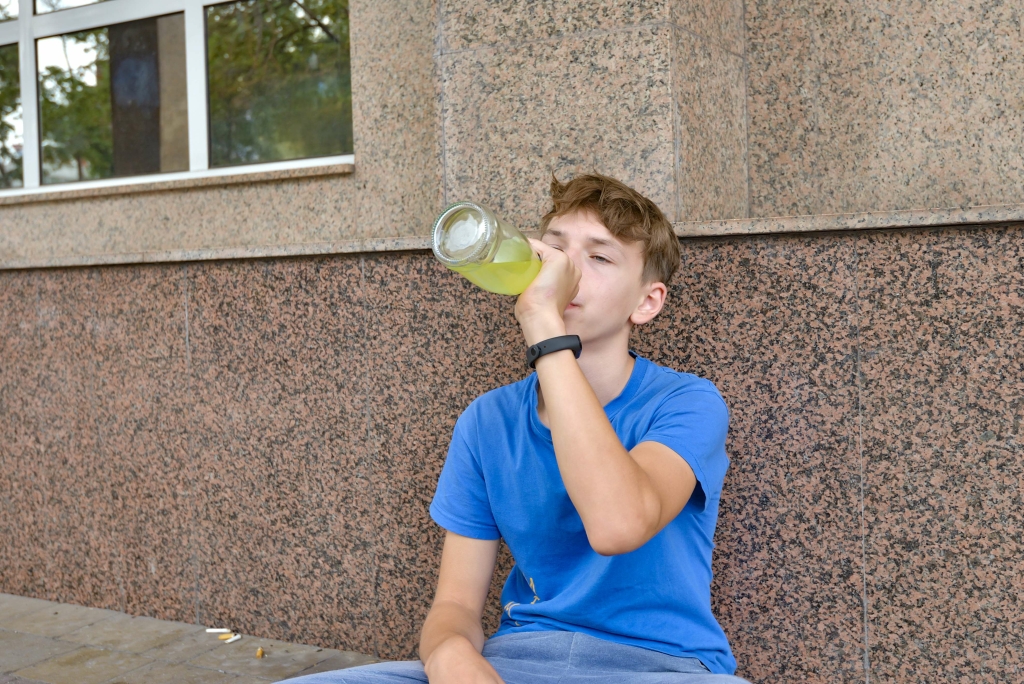Oxford House, Inc. will consider favorably a Charter application whether or not a loan is received from the State or some other outside source. Studies indicate that living in sober homes after inpatient treatment increases recovery rates, financial strength and overall stability. Sober living homes usually house only same-sex residents and require residents to complete either a detox program or an inpatient rehab program before moving in. Additionally, residents must agree to a number of rules when they move in. 12 Steps programs tend to be the most common support group in sober living.
They provide a balance of supervision and independence that allows people to transition back to work, school and daily life. The ways that sober living houses work vary depending on the level of support provided. The National Alliance for Recovery Residences is one of the largest associations of sober living homes in the United States. It developed four levels of support that can be used to characterize most sober living homes.
The kitchens are fully equipped with modern appliances, allowing patients to prepare their meals and maintain a healthy diet. The shared spaces are also well-maintained, providing patients with ample opportunities to socialize and connect with other individuals in recovery. This allows an individual to focus on establishing a new set of personal values that center around sobriety. It allows the individual to practice the skills of responsible family and community living with their new Oxford House family. Since Oxford Houses are self-supported, they are the most cost-effective way to deal with recovery from alcoholism, drug addiction and co-occurring mental illness.
Today, the facility is run by a team of experienced professionals who are committed to helping residents achieve lasting recovery. The services, rent, rules and living conditions at sober living homes vary from place to place. Some homes are part of a behavioral health care system where residents live next to a rehab clinic, participate in outpatient therapy and have access to the clinic’s recreational activities.
The strength of such programs is the combination of clinical therapy and long-term support. Some SLHs offer integrated IOP to provide pre-entry or post-relapse treatment. Intensive outpatient programs offer a therapy plan to treat a client’s addictions. Of course, there are many other variables that affect overall program quality, effectiveness, and fit.
Beyond these core needs, triggers in your local environment may increase the chances of relapse. For this and other reasons, you may want to browse out-of-state sober living programs. Colorado is a rapidly growing state through replication and expansion of the number of Oxford Houses by demand. Oxford House offers a supportive way of living and opportunities to learn skills in a clean and sober environment.
The area is also home to a number of museums, art galleries, and cultural attractions. Public transport options are readily available, making it easy for residents to access local amenities and what is an oxford house services. Help us continue our valuable work of providing sober living to more people in our area. Using the contact information for the house you’ve chosen, call and set up an interview.

It is considered part of the early recovery stages and precedes an individual’s steps into full sobriety. Self-sufficiency phases give residents more accountability before their transition to independent living. They communicate their activities with SLH staff, but ultimately make decisions independently. Sober living programs operate differently based on how much support they offer. However, most residents stay 6-9 months before leaving for full independence.
Oxford House Inc., is a non-profit, tax exempt, publicly supported corporation which acts as a umbrella organization for the national network of Oxford Houses. It provides quality control by organizing regional Houses into Chapters and by relying heavily upon the national network of Alcoholics Anonymous and Narcotics Anonymous groups. As soon as Oxford House Inc., hears of such problems, it takes corrective action because the good name of Oxford House is an important factor in the recovery of thousands of individuals. A study published in the Journal of Substance Abuse Treatment found sober living home residents experienced improvements in arrest rates, alcohol and drug use rates, and employment rates. The authors found evidence that 12-step program attendance and social support systems were key components of recovery for residents. If a resident relapses, they are usually asked to leave the house immediately to protect the sobriety of other residents.
Sober living homes are maintained through fees, and residents can usually stay as long as they want. Unlike many halfway houses, sober homes are not monitored by state agencies. Yes, the Oxford House community is built on the foundation of peer support. Residents are encouraged to share their experiences, learn from one another, and help each other stay accountable.
A recovering individual can live in an Oxford House for as long as he or she does not drink alcohol, does not use drugs, and pays an equal share of the house expenses. The average stay is about a year, but many residents stay three, four, or more years. For many individuals who complete drug and alcohol treatment, returning home is the beginning of their relapse.